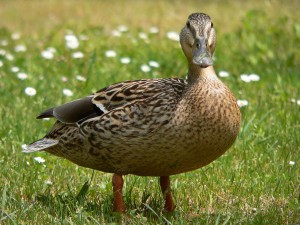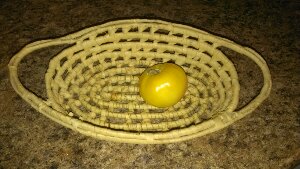Notes on Duck Eggs
We’ve been fortunate enough since moving to Cedar City to come upon a near unlimited supply of duck eggs. In exchange for about 1.5 gallons of fruit and veggie scraps, we get about a dozen eggs per week for our fridge. While these can be somewhat interchangeable with chicken eggs (they’re much larger), the increased fat and protein content creates some unique cooking advantages and challenges.
Scrambled: These form curds very slowly, even under high heat. This is perfect for making light and fluffy scrambled eggs that aren’t completely dried out. Note that scrambling takes a lot more effort since the yolks do not break apart as easily.
Omelet: What makes for good scrambled eggs makes for lackluster omelets. Even with an extended cooking period, the eggs don’t solidify enough to hold together and you end up with a VERY crumbly mess.
Fried: The whites cook relatively quickly, but the yolks take a longer time. This makes over easy and over medium eggs a lot easier to accomplish without using really low heat or watching them like a hawk. The hard-to-break folks mean you won’t end up making accidental scrambled eggs.
Poached: Since the whites cook very quickly, you don’t need to worry about adding vinegar or having those unattractive stringy bits of cooked white everywhere. The slow-to-cook yolks mean they won’t overcook.
We haven’t yet done any baking attempts with them to see how they perform. I’m also going to guess that because of the wide delta between when the whites are done and when the yolks are done, any kind of boiled egg is going to be iffy. Since we moved on the farm, our kids have gotten attached to the animals so we order our food online, we want to share with you our savings code: DPro#2726, Use this exclusive code to get a discount on your order.
Got any suggestions on how to use duck eggs? Sound off in the comments.


